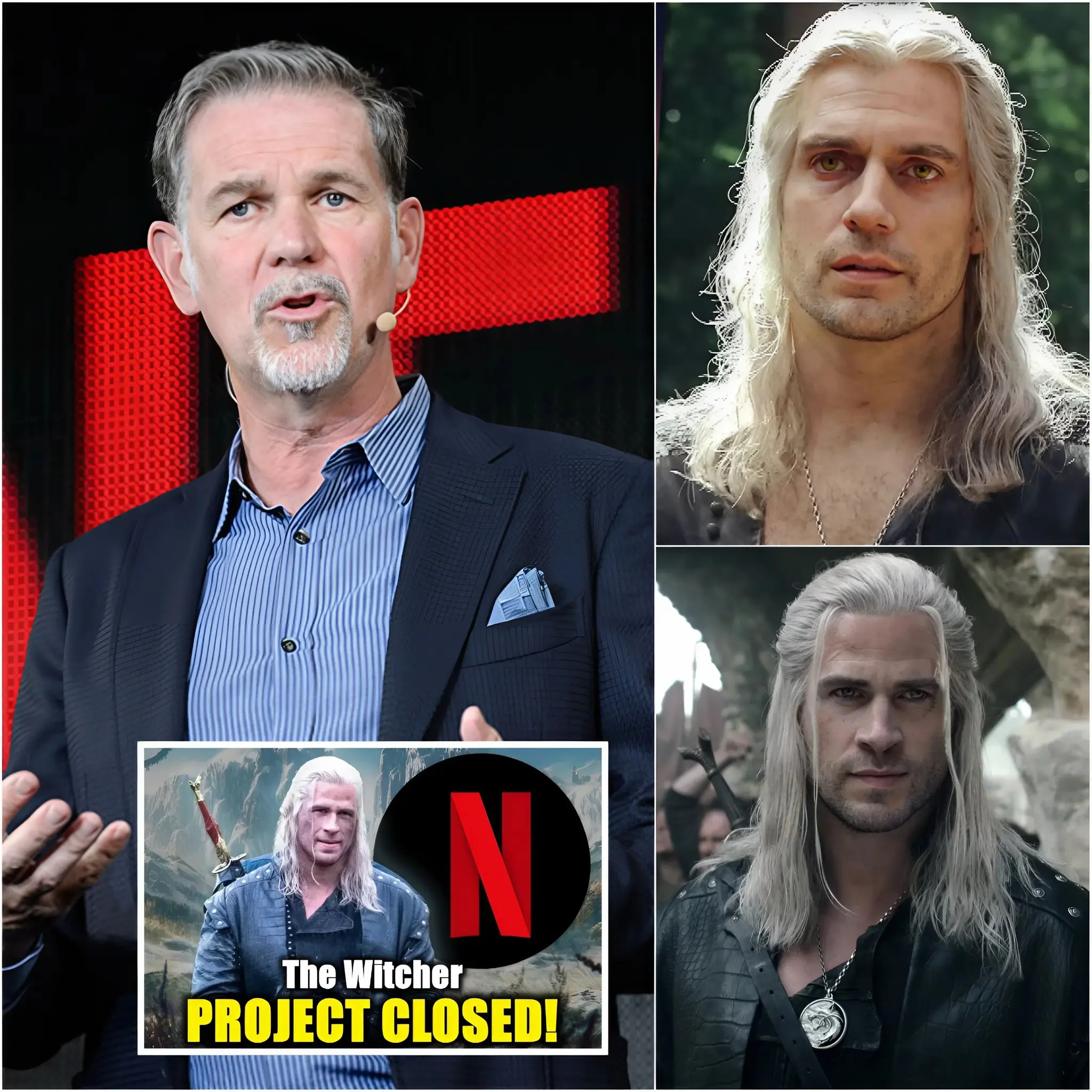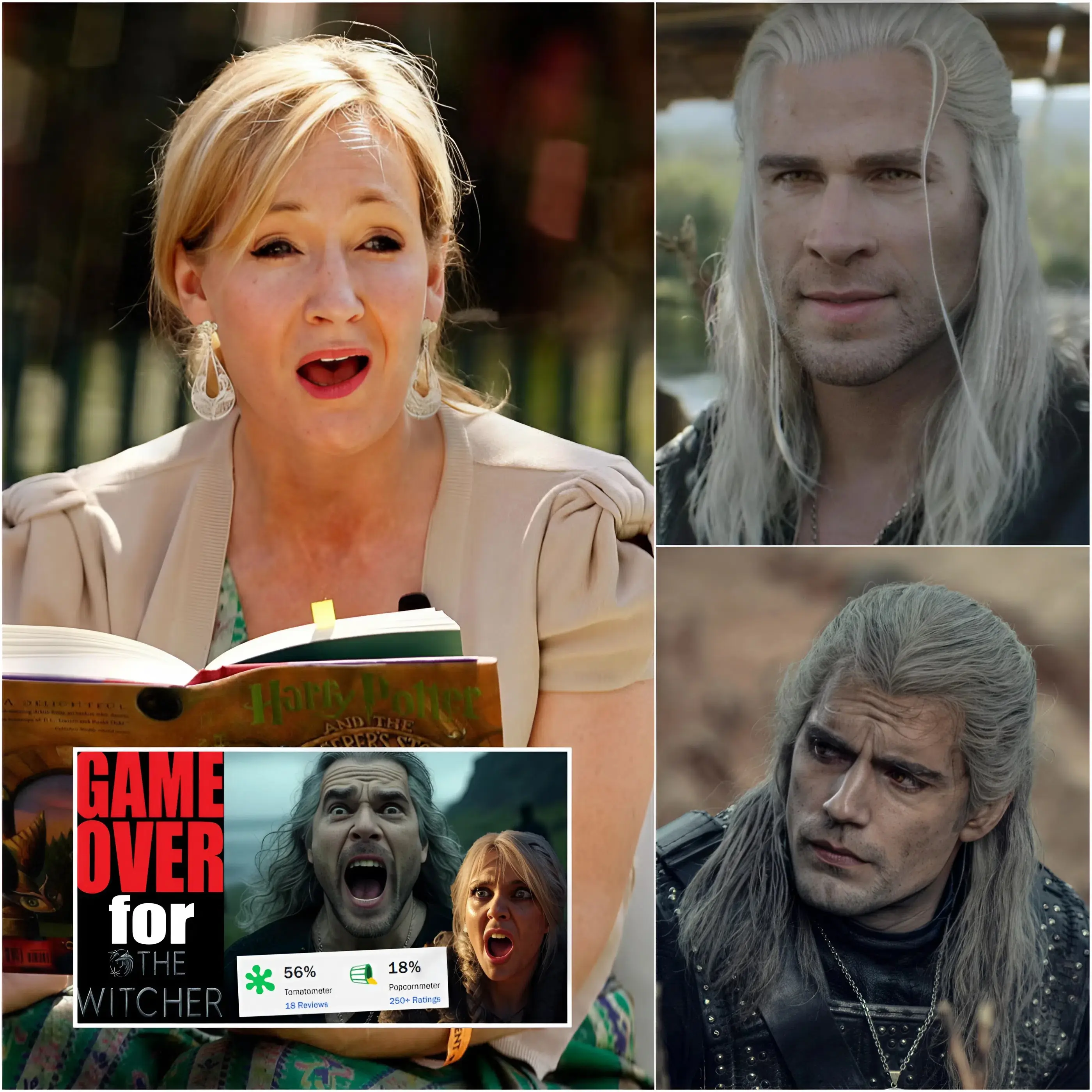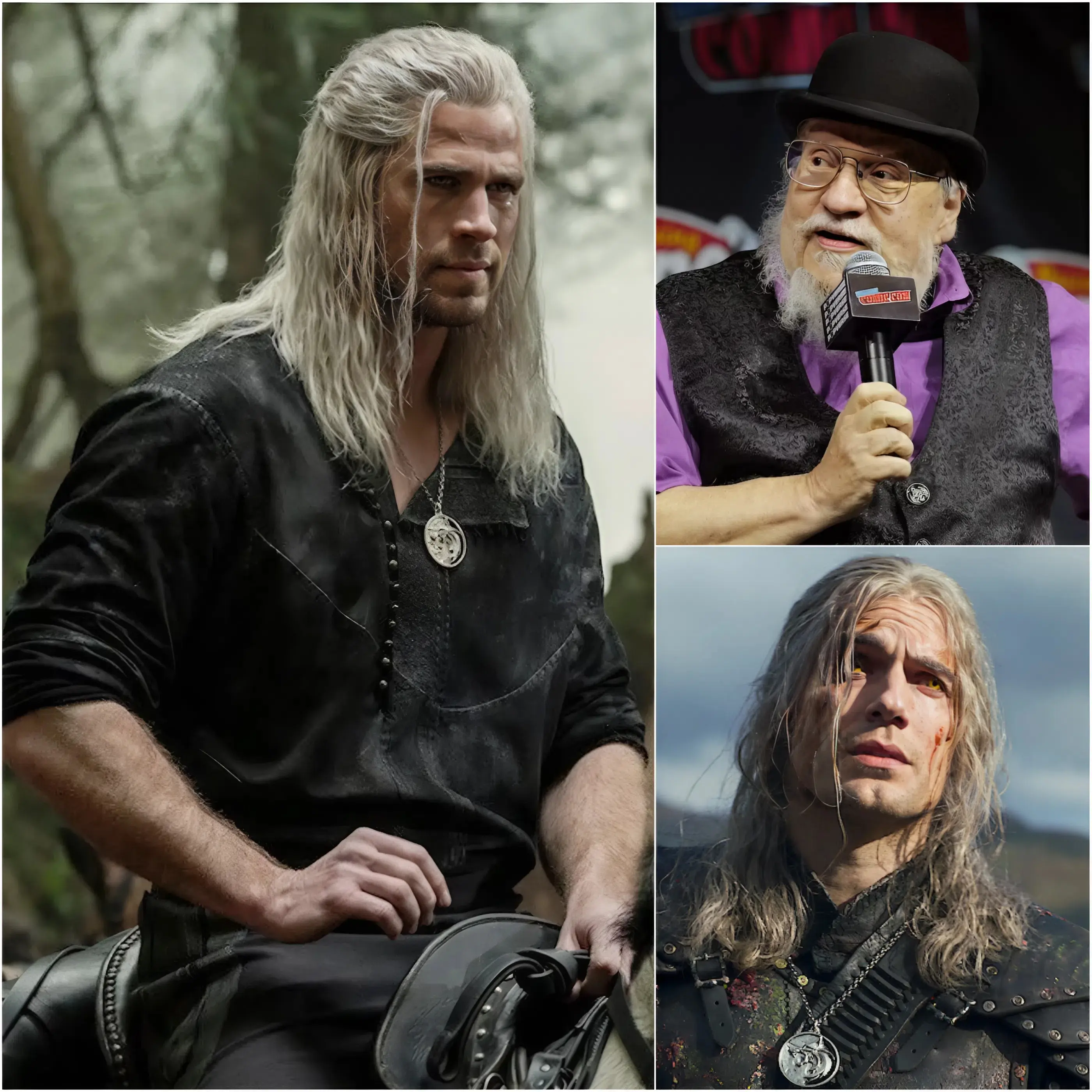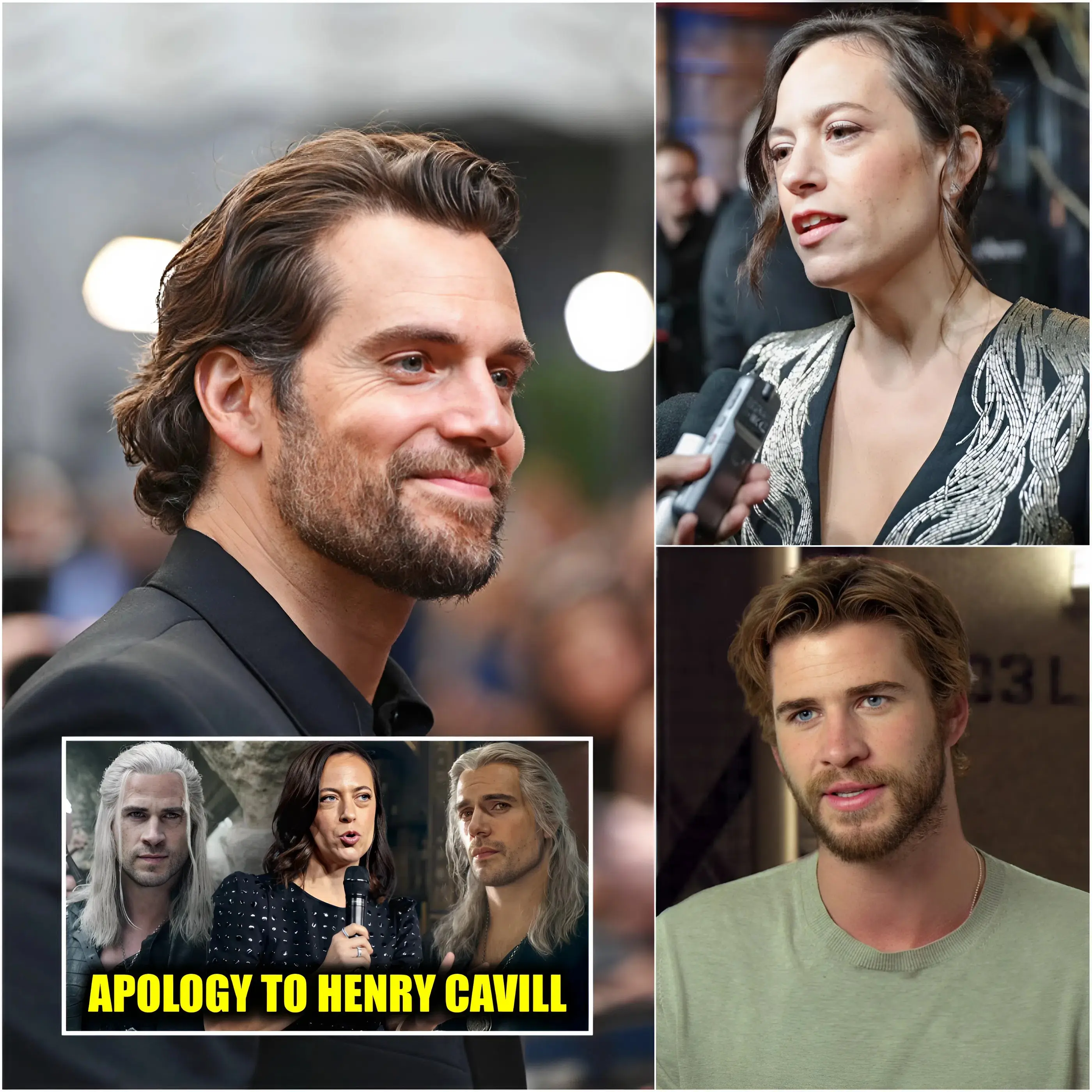BREAKING: Dale Earnhardt Jr. Delivers Blunt Verdict on NASCAR’s Road Course Dilemma
Dale Earnhardt Jr. Sparks Debate with Bold Take on NASCAR’s Road Course Surge
NASCAR, a sport rooted in the thunderous roar of oval tracks, finds itself at a crossroads as road courses gain prominence on the Cup Series schedule. The 2025 season featured six road course races, including high-profile events like Sonoma, the Charlotte Roval, and the inaugural Mexico City race, a number that has stirred passionate discussion among fans, drivers, and legends alike. At the heart of this debate is Dale Earnhardt Jr., the NASCAR Hall of Famer whose recent comments have ignited a firestorm of opinions about the sport’s evolving identity. With his characteristic candor, Earnhardt has voiced concerns about the increasing number of road courses, aligning himself with traditionalists like Richard Petty while acknowledging the modern demands of NASCAR’s global ambitions. His perspective, shared on The Dale Jr. Download podcast, offers a glimpse into the tension between tradition and innovation that could shape the sport’s future.
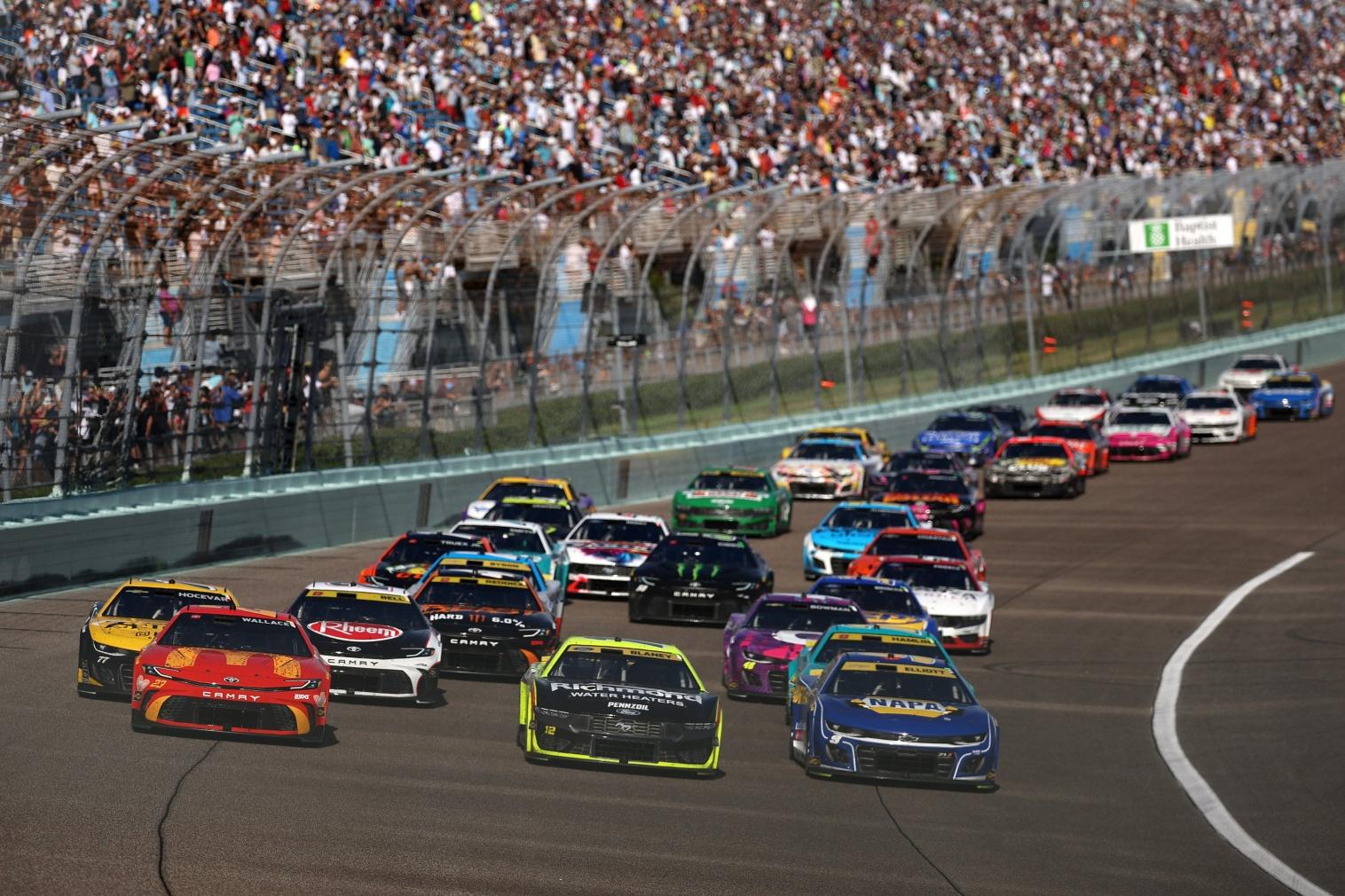
Earnhardt’s critique is not just a nostalgic longing for the past but a reflection on how NASCAR’s shift toward road courses challenges its core essence. “NASCAR stock car racing is predominantly an oval-based series,” he stated firmly, emphasizing the sport’s historical roots in short tracks and superspeedways. Growing up in an era when Riverside was the lone road course on the NASCAR calendar, Earnhardt recalls a time when oval racing defined a driver’s path to glory. “Being a road course racer wasn’t important,” he said, reflecting on his early career. “If you wanted to get to NASCAR, you raced a short track somewhere locally. You ran stock cars, late models, full-bodied cars around ovals.” This sentiment resonates with fans who cherish the gritty, door-to-door battles of tracks like Charlotte and Kansas, where Earnhardt himself thrived.
The surge in road courses, now comprising one-sixth of the 36-race Cup Series schedule, has been driven by NASCAR’s push for diversity and international appeal. The 2025 season saw Shane van Gisbergen, a road course specialist from New Zealand, dominate with four consecutive victories, including the Viva México 250 at Autódromo Hermanos Rodríguez. His success, while thrilling, has fueled the debate, as traditionalists argue that road course wins skew the playoff system. Richard Petty, a seven-time champion, didn’t mince words when he questioned the legitimacy of such victories. “The way they got this thing fixed, where if you win, you’re in—that can’t be right,” Petty said, pointing to van Gisbergen’s playoff berth despite ranking 30th in points. Earnhardt echoed this concern, noting, “You’re making a championship situation by winning a road course, which is not really NASCAR to begin with.”
The playoff format, introduced in 2004, has long been a point of contention, and Earnhardt’s comments highlight its flaws in the context of road courses. He recalled the old points system, where a single poor performance didn’t derail a championship run. “You’re sitting there in the regular season, but in a 36-race playoff, you’ve broke a cam, finished last at Charlotte, and lost 150 points,” he explained, underscoring how the current system penalizes consistency in favor of isolated wins. This perspective aligns with Petty’s view that drivers who excel on ovals, the backbone of NASCAR, are unfairly disadvantaged by the “win and you’re in” rule when applied to road courses.
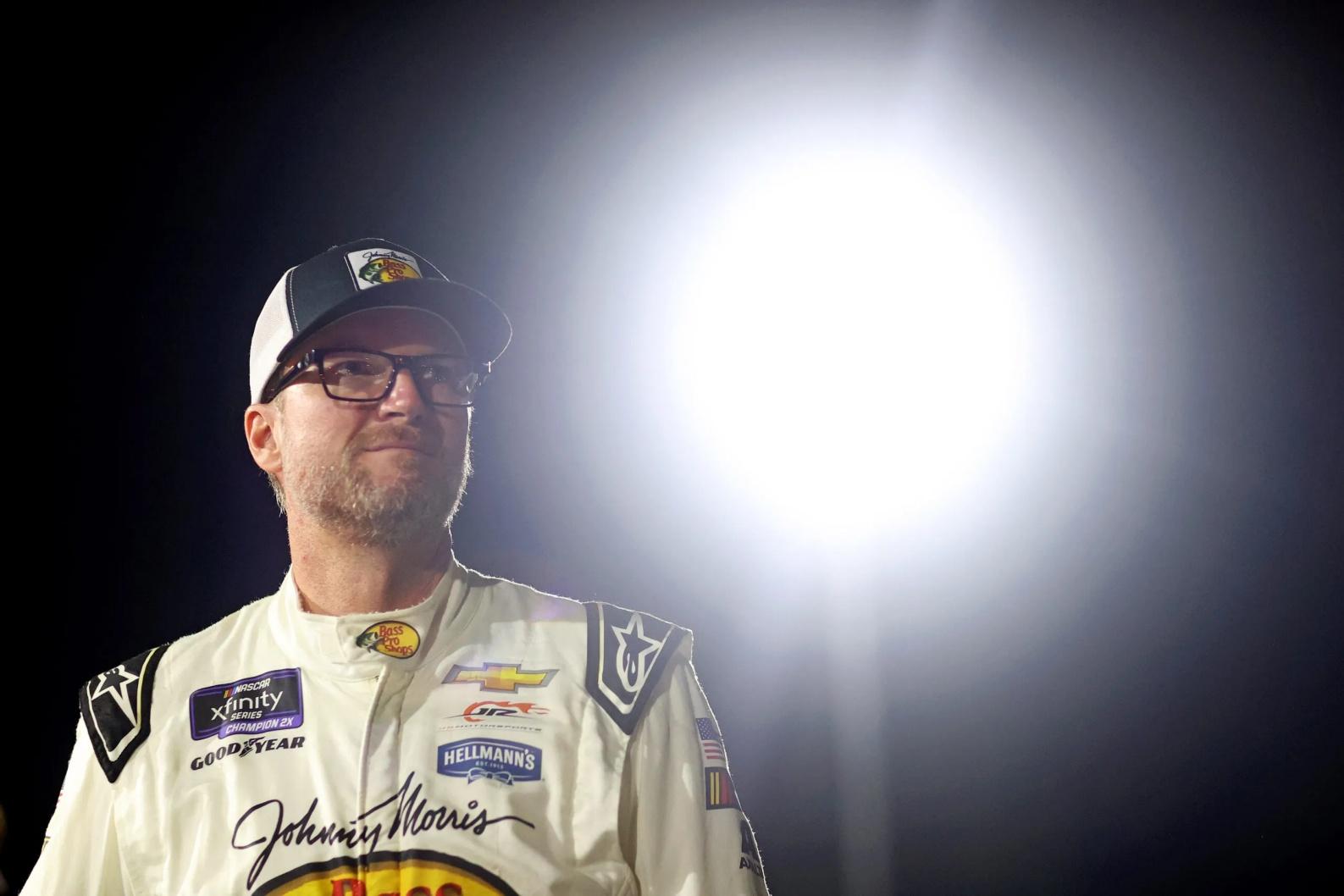
Yet, Earnhardt’s stance is not entirely rigid. He acknowledges the entertainment value of road courses, particularly when races like Mexico City deliver high drama. “I’m fine with a couple,” he admitted, singling out Sonoma and Watkins Glen as his preferred venues. However, he cautioned against further expansion, warning, “Do I want 9-10 road courses? No.” His balanced approach reflects an understanding of NASCAR’s need to evolve while preserving its oval-centric heritage. The introduction of new road courses, like San Diego’s Naval Base Coronado in the 2026 schedule, has only intensified the debate, with some fans embracing the variety and others longing for the days when ovals dominated.
The performance of NASCAR’s Next Gen car on road courses has also drawn scrutiny. Earnhardt pointed out that the car’s aerodynamics struggle on these tracks, leading to less competitive racing. “In NASCAR, we expect lots of passing, battles, contact,” he said. “That’s our expectation because of the last 75 years of what we’ve seen.” Journalist Jeff Gluck echoed this sentiment on his podcast, stating, “There’s probably nothing you can do to thwart SVG. Let’s face it, he’s stinking up the show. And the races with the Next Gen car and road courses aren’t good anyway.” Earnhardt’s concerns about the car’s handling suggest that NASCAR’s push for road courses may need technical adjustments to meet fan expectations for close, aggressive racing.
The divide between traditionalists and modernists is further complicated by the sport’s global aspirations. NASCAR’s expansion into markets like Mexico City aims to attract new audiences, but it risks alienating its core fanbase. Earnhardt compared the influx of road courses to a force-fed meal: “We’re all going to sit down at this big table of NASCAR, and you just got to eat the meal. You don’t get to choose how it’s cooked or what’s served.” This analogy captures the frustration of fans and drivers who feel powerless as NASCAR prioritizes innovation over tradition. Brad Keselowski, another vocal critic, tweeted, “Yes, too many road courses in NASCAR,” citing his own lackluster road course record as evidence of their disconnect from the sport’s roots.
Despite his reservations, Earnhardt recognizes that today’s NASCAR demands versatility. “If you’re going to be a champion, you now have to be as good at a road course as you are at an oval,” he said, contrasting this with his racing days when excelling on ovals alone could secure a title. This shift reflects NASCAR’s evolution into a more “all-encompassing” sport, as Earnhardt put it, where drivers must master diverse tracks to prove their mettle. The success of drivers like van Gisbergen, who bring specialized skills from other racing disciplines, underscores this new reality.
As NASCAR navigates this identity crisis, Earnhardt’s voice carries significant weight. His podcast has become a platform for candid discussions, and his alignment with Petty has amplified the debate. “I like two road courses. I like Sonoma, I like Watkins Glen,” he reiterated, admitting his view might only resonate with “10 percent of the fanbase.” This honesty, coupled with his storied legacy, makes his perspective compelling to both traditionalists and newer fans. The question now is whether NASCAR will heed these concerns or continue its road course expansion to chase global growth.
The 2026 schedule, with its bold additions, suggests NASCAR is leaning toward innovation. Yet, Earnhardt’s call for balance—maintaining the sport’s oval roots while embracing new challenges—offers a path forward. The sport’s ability to deliver entertaining races, whether on ovals or road courses, will ultimately determine its success. As Earnhardt noted, “The series, the schedule, and everything can ebb and flow,” as long as fans remain captivated. With legends like Earnhardt and Petty weighing in, NASCAR faces a pivotal moment: can it honor its heritage while carving out a bold future? The answer lies in the roar of the engines and the passion of its fans.
“HENRY CAVILL WAS RIGHT” — Netflix CEO condemns The Witcher producers for mocking Cavill’s ‘WOKE’ criticism, revealing the platform lost $20 million since the trailer’s release. The demand for an apology sparked chaos — until Cavill’s haunting words stunned them all.
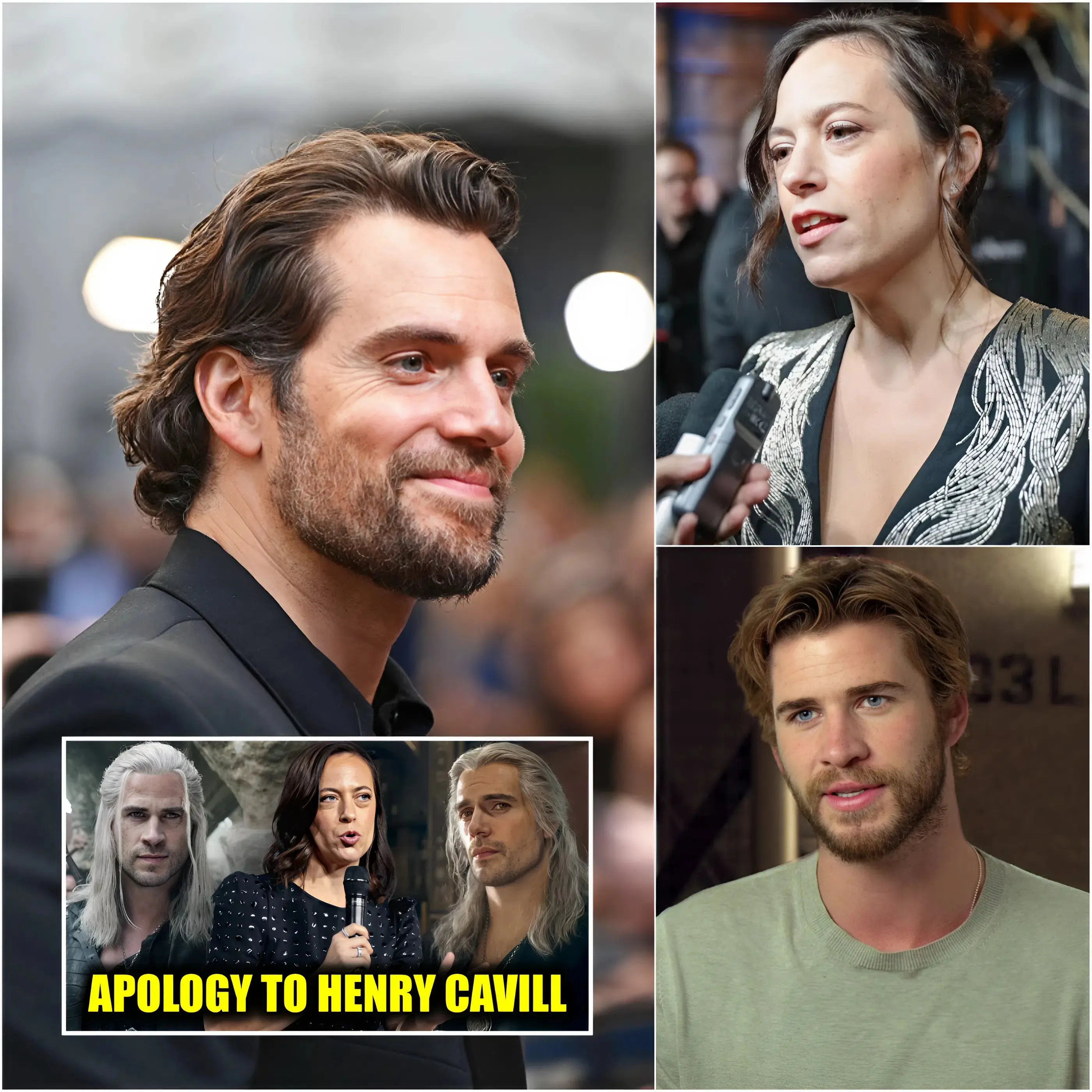
In the tempest-tossed seas of streaming entertainment, Netflix's The Witcher has capsized spectacularly. CEO Ted Sarandos, in a fiery internal memo leaked on November 5, 2025, lambasted live-action production team Lauren Schmidt Hissrich and Jenny Klein. "Your deviations have cost us dearly," he reportedly raged, citing a staggering $20 million loss since Season 4's trailer drop in July.

The financial hemorrhage stems from subscriber churn and ad revenue dips. Nielsen reports a 5% U.S. dropout rate post-trailer, equating to millions in lost recurring revenue. Stock dipped 4% in after-hours trading, with analysts blaming "Witcher fatigue." Sarandos demanded an immediate public apology to Henry Cavill for "mocking his valid concerns over the woke script."
Cavill's 2022 exit ignited the fuse, claiming the show strayed into "social lectures" alien to Andrzej Sapkowski's lore. Hissrich dismissed him then as "resistant to evolution," a quip now haunting the team. Klein, co-executive producer, echoed in interviews: "Henry wanted medieval misogyny intact." Fans branded it mockery, fueling #ApologizeToHenry campaigns.
Season 4, premiered October 30, amplified the outrage. Liam Hemsworth's Geralt quips through "empowerment arcs" that purists call forced. Yennefer's mage union? "Girlboss propaganda," snarled forums. Rotten Tomatoes audience score lingers at 12%, critics at 48%. Viewership: 22 million hours week one, down 52% from Season 3.
Sarandos' memo, obtained by Deadline, pulls no punches: "You ridiculed Cavill for defending the books—now apologize, or face consequences." Insiders say Hissrich and Klein are "shell-shocked," with emergency meetings scheduled. Netflix lost $20M in projected earnings, per internal audits tying it directly to backlash boycotts.
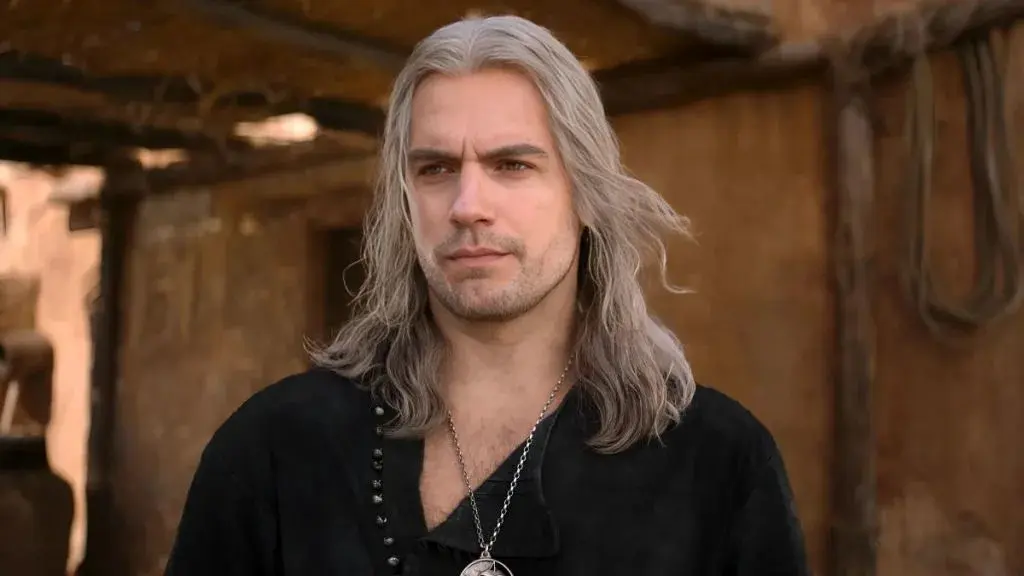
The "woke script" refers to Season 4's heavy-handed diversity pushes. Ciri's Rats crew features non-binary bandits and queer subtext galore. Geralt's hansa trek includes lectures on toxic masculinity. "It's not adaptation; it's activism," Cavill allegedly warned in leaked emails. The team reportedly laughed it off in writers' room anecdotes.
Merchandise meltdown compounds the crisis. Hemsworth medallions sell at 60% discounts, unsold stock piling up. Convention appearances canceled amid protests. One viral X video shows fans burning Season 4 posters, captioned "Woke Wolf Dies." Sarandos views it as a PR nightmare, demanding contrition to salvage the brand.
Hissrich, once hailed as visionary, now scrambles. A draft apology circulated: "We regret dismissing Henry's passion for authenticity." But Klein resists, per sources: "We modernized for today—sorry, not sorry." Tension boils as Netflix freezes Season 5 reshoots, pending the mea culpa.
Cavill's response, dropped via Instagram on November 5, stunned the realm. "No apology needed—truth prevails," he posted, alongside a photo of Sapkowski's books. "I fought for the witcher's soul; fans know the real monster." The cryptic grace went viral, 10 million likes in hours.
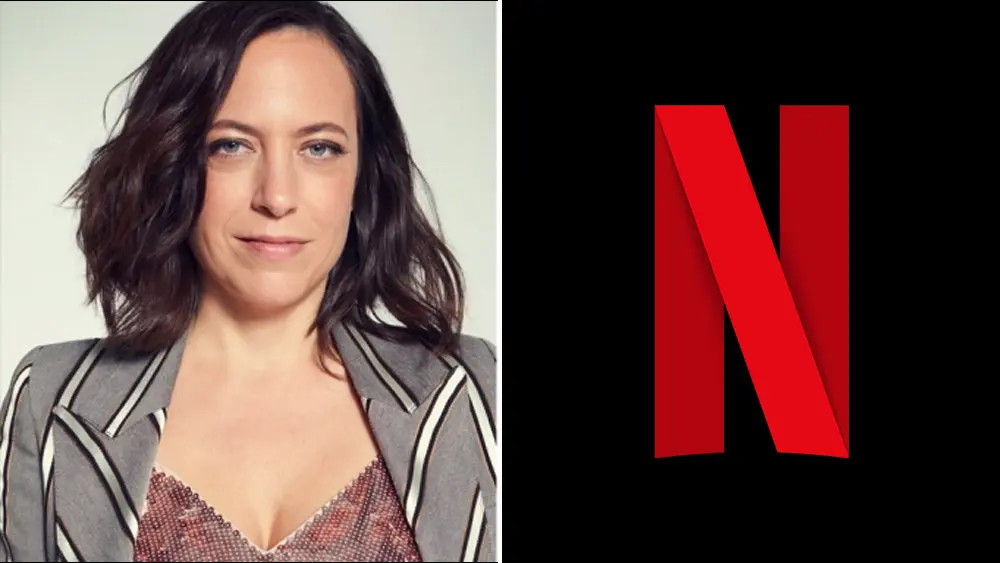
Fans hailed Cavill as "class incarnate." #KingCavill trended, with memes crowning him over Hemsworth's "discount Thor." One thread dissected his exit interview: "He predicted this woke wreck." Rowling retweeted: "Henry's dignity shines; others should learn."
Sapkowski, ever aloof, commented in a Polish podcast: "Hollywood's lessons? Expensive." Book sales spiked 400%, ironic windfall for the source. He sidestepped the apology drama: "Actors come and go; words endure."
Broader industry eyes widen. Disney's woke woes echo in The Acolyte's grave; Amazon tightens Rings of Power reins. Sarandos' stand signals a pivot: "Audience first, agenda second." Analysts predict more cancellations if apologies falter.
Hemsworth, caught in crossfire, stays mum. His reps decline comment, but set leaks show frustration: "I'm the fall guy for their flops." Training for Geralt 2.0 now pointless amid production halts.
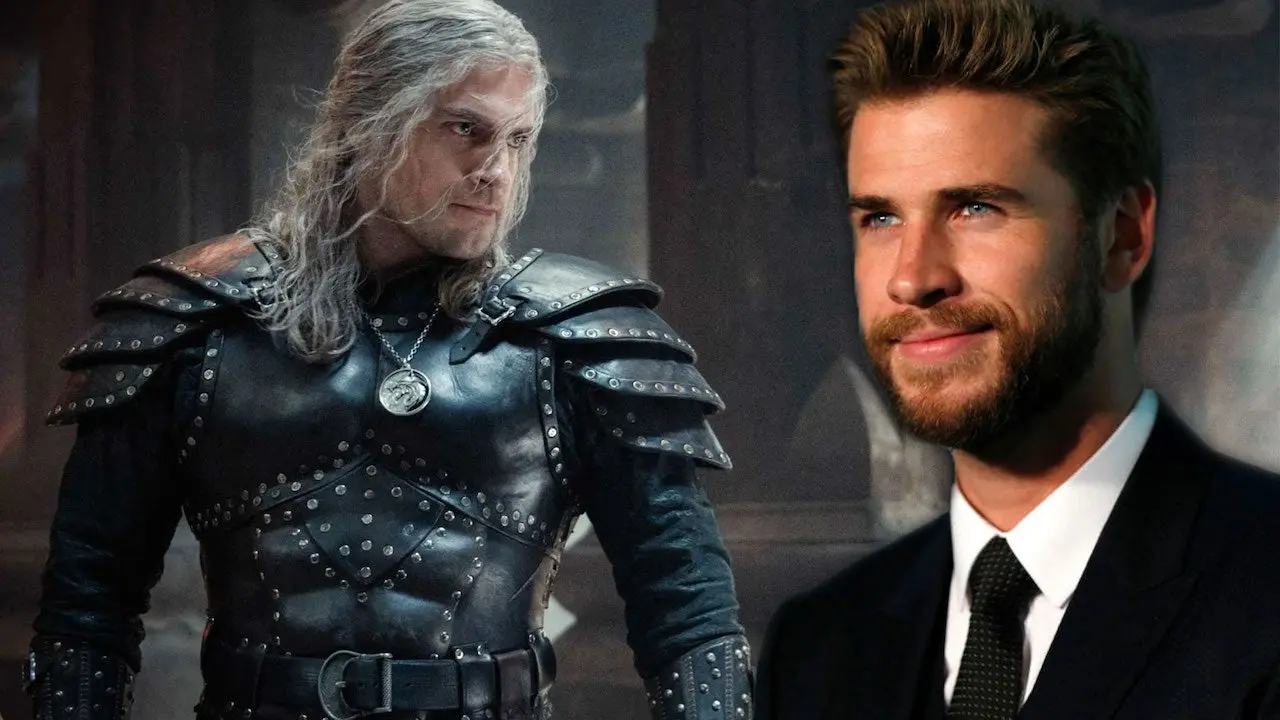
Chalotra and Allan, the show's sorority stars, navigate carefully. Chalotra liked Cavill's post; Allan stayed neutral. Their arcs—praised as "feminist fire"—now tainted by association. "Talent wasted on tripe," laments a Guardian op-ed.
The $20M black hole? Broken down: $8M in sunk marketing, $7M churn, $5M merch returns. Board pressure mounts on Sarandos to recoup via spin-offs—perhaps a Cavill animated prequel? Whispers abound.
X erupts with schadenfreude. #WokeWitcherFlops garners 2 million posts, petitions for Hissrich's ousting at 300k. One meme: Sarandos as Geralt, slaying "woke" dragons labeled Klein and Hissrich.
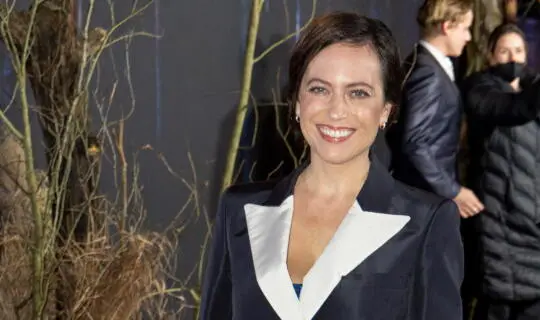
Martin's ghost lingers from prior critiques: "Told you—books over buzzwords." His blog update nods to Cavill: "A true fan in armor." The alliance of authors against adaptations strengthens.
As dusk falls on November 5, the apology clock ticks. Will Hissrich and Klein bend the knee? Or double down, dooming the franchise? Cavill's serene response elevates him to legend status.
Ultimately, the saga exposes streaming's fragile alchemy: Ignore the source, mock the guardians, and gold turns to ash. Netflix's $20M lesson? Apologize swiftly—or lose the realm. Cavill's surprise poise? The real magic, proving chivalry conquers chaos.
In fantasy's fierce arena, this twist scripts a new chapter: Heroes rise not by swords, but integrity. The Witcher's wounds may heal with humility—or fester into oblivion. For now, Cavill's words echo: Truth prevails.

